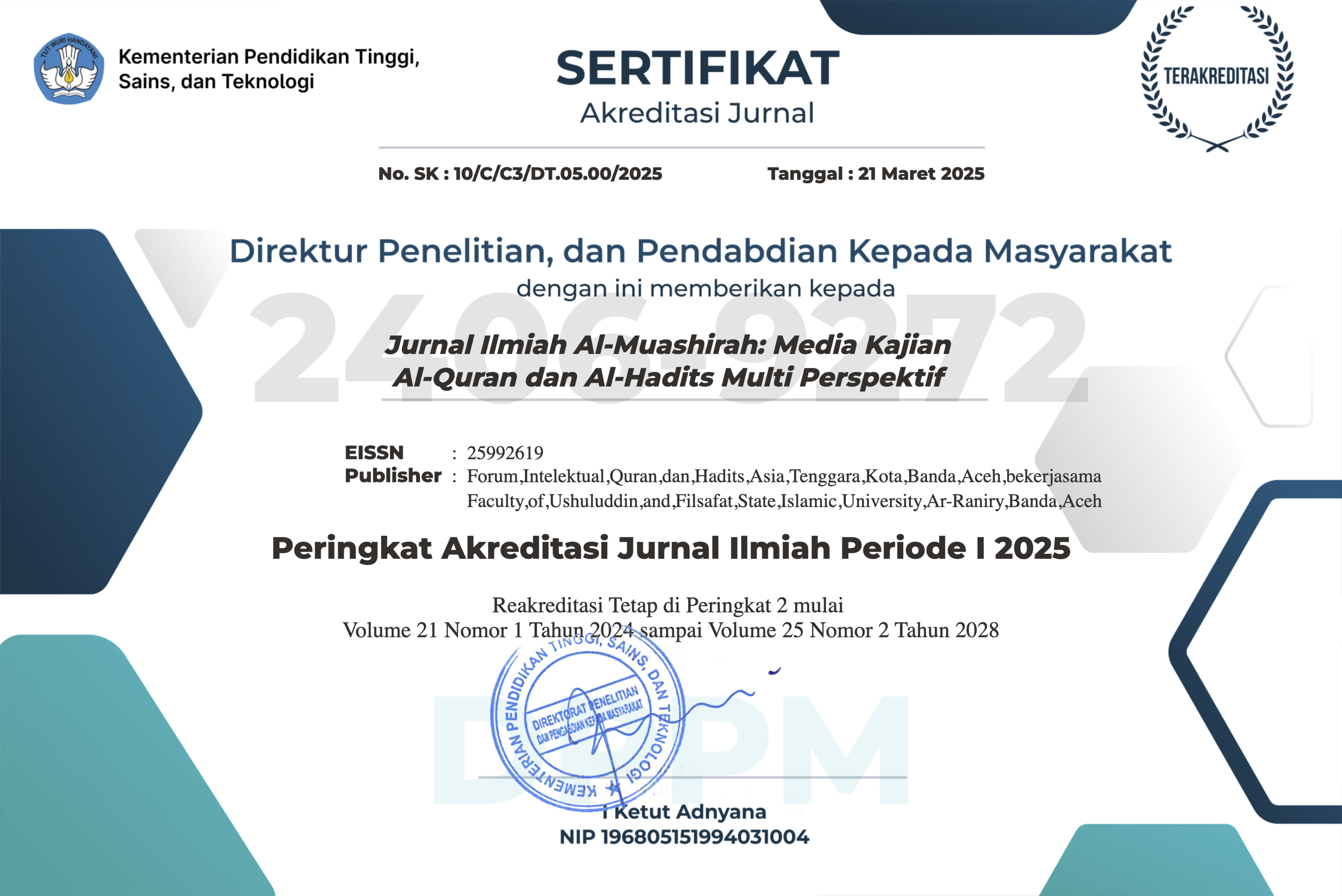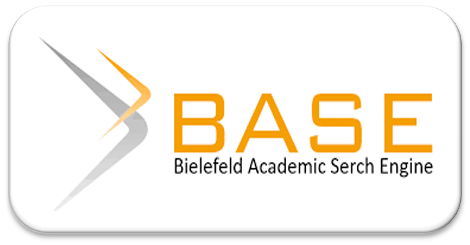KEGUNAAN TERJEMAH QUR'AN BAGI UMMAT MUSLIM
Keywords:
Terjemah, Al-Qur'an, Ummat, MuslimAbstract
Al-Qur'anul Karim is an everlasting Islamic miracle and reinforced by the advancement of science. He revealed Allah to the Messenger s.a.w. To bring people from darkness to light, and guide them to a straight path. Al-Qur'anul Karim was revealed to the Holy Prophet with a clear Arabic language. This phenomenon is a social demand for the success of Islamic pamphlets. And since that time Arabic became a part of Islamic existence and the basis of communication of its dakwah. The mission of our Apostle is to all mankind. The Qur'an is essential in many languages to be easily understood by Muslims. Every Muslim community needs to know the asbabun nuzul, so there is no mistake in overcoming the verses of the Qur'an. The purpose of translating the Qur'an is to know the meaning of the contents in the Qur'an, can help memorize the Qur'an by understanding the meaning. For translators Al-Quran need to master two languages, the original language (source language) and the language of translation, the language style and the privileges of both languages.Downloads
References
Abdullah Syahtah, Ulim al-Tafsir, Beirut: Dr al-Masyriq, tt.
Ahmad Syurbasyi, Study Tentang Sejarah Perkembangan Tafsir Al-Quran al-Karim, Jakarta: Kalam Mulya, 1999.
Ahmala, Hermeneutika: Mengurai Kebuntuan Metoden Ilmu-ilmu Sosial, dalam Edi Mulyono dkk, Belajar Hermeneutika, Yogyakarta: IRCiSod, 2013.
Ahsin W. Al-Hafidz , Kamus ilmu al-Quran, Jakarta: Amzah, 2005.
Ali Mutahar, Qams Muthahar, Arabiy Indunisiy, Bandung, Mizan, 2005.
Al-Jurjani, al-Ta'rifat, Jeddah: al-Årabiah wa al-Nar wa al-Tauzi, tt.
al-Munjid fi al-Lughah wa al-I'lamm, Beirut: Dar El-Mashreq, 1986.
Amin Suma, Muhammad, 2013, Ulumul Qur'an, Jakarta : PT Rajagrafindo Persada.
Eddy Soetrisno, Kamus Populer Bahasa Indonesia, Jakarta: Ladang Pustaka & Intimedia, tt.
Fakhruddin Faiz, Hermeneutika al-Quran, Yogyakarta: al-Qalam, 2003.
Fuziozii, Makalah SPT (Tafsir Ulama Mutakhkhirin), //fuziiozi.wordpress.com/2013/07/19/makalah-spt-tafsir-ulama-mutaakhiriin
Ibnu Mandhur, Lisanul Arab, Kairo, Darul Hadits, 2003.
Josef Bleicher, Contemporary Hermeneutics; Hermenitics as Method, Philosophy, and Critique, London, Boston and Henley: Routledge & Keegan Paul, 1980.
Khalil Al-Qattan, Manna', 2010, Studi Ilmu-ilmu Qur'an, Bogor : Pustaka Litera Antar Nusa.
Manna al-Qattan, Mabahis Fi Ulumul Qur'an, Dar al-Hadits, 1973
Mircea Eliade, The Encyclopedia Of Religion, New York: Macmillan Publishing Co. Tt.
Muhammad Ali al-Shabuni, al-Tibyan fi Ulum al-Quran, Damaskus Syria: Maktabah al-Ghazali, 1981.
Muhammad Amin Suma, Studi Ilmu-ilmu al-Quran, Jakarta: Pustaka Firdaus, 2000.
Munir Baalbaki, Kamus al-Maurid, Arab- Inggris- Indonesia, Surabaya: Halim Jaya, 2006.
Nashr Hamid Abu Zaid, Hermeneutika Inklusif, Mengatasi Problematika Bacaan dan Cara-cara Pentakwilan atas Diskursus Keagamaan, Yogyakarta: PT LkiS, Pelangi Nusantara.
Salman, S. (2017). Strategi Internalisasi Nilai-Nilai Al-Qur'an. Jurnal MUDARRISUNA: Media Kajian Pendidikan Agama Islam, 5(1), 145-168.
Sofyan Efendi, Pengertian dan Asal usul Hermenetika, (//sofyaneffendi.wordpress.com/2011/07/26/pengertian-dan-asal-usul-hermeneutika-sebuah-pertimbangan.
Wahid, A. (2014). Nilai-nilai Universalitas Dakwah dalam al-Quran. ISLAMICA: Jurnal Studi Keislaman, 5(2), 383-294.
Downloads
Published
Issue
Section
License
Authors who publish in Jurnal Ilmiah Al-Mu'ashirah agree to the following terms:
- Authors retain copyright and grant the journal right of first publication with the work simultaneously licensed under a Attribution-ShareAlike 4.0 International (CC BY-SA 4.0) License that allows others to share the work with an acknowledgment of the work's authorship and initial publication in this journal.
- Authors are able to enter into separate, additional contractual arrangements for the non-exclusive distribution of the journal's published version of the work (e.g., post it to an institutional repository or publish it in a book), with an acknowledgment of its initial publication in this journal.
- Authors are permitted and encouraged to post their work online (e.g., in institutional repositories or on their website) prior to and during the submission process, as it can lead to productive exchanges, as well as earlier and greater citation of published work (See The Effect of Open Access).













